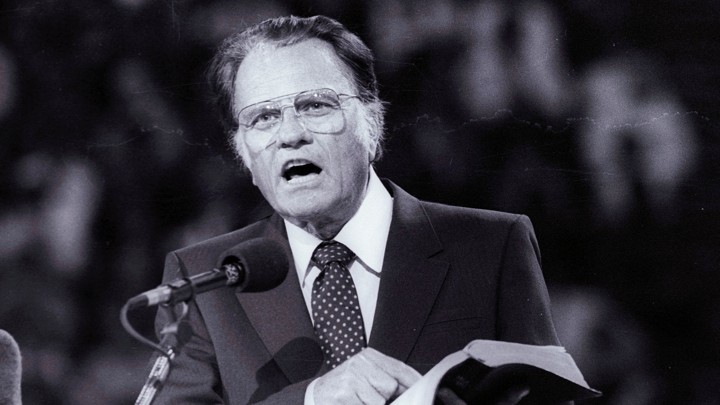Isaiah, the mighty prophet of God, knew by experience that one must bow the knee in mourning before one can lift the voice in jubilation. When his sin appeared ugly and venomous in the bright light of God’s holiness, he said: “Woe is me! for I am undone; because I am a man of unclean lips . . . for mine eyes have seen the King, the Lord of hosts” (Isaiah 6:5).
 We cannot be satisfied with our goodness after beholding the holiness of God. But our mourning over our unworthiness and sinfulness should be of short duration, for God has said: “I, even I, am he that blotteth out thy transgressions for mine own sake, and will not remember thy sins” (Isaiah 43:25).
We cannot be satisfied with our goodness after beholding the holiness of God. But our mourning over our unworthiness and sinfulness should be of short duration, for God has said: “I, even I, am he that blotteth out thy transgressions for mine own sake, and will not remember thy sins” (Isaiah 43:25).Isaiah had to experience the mourning of inadequacy before he could realize the joy of forgiveness. If I have no sense of sorrow for sin, how can I know the need of repentance?
In God’s economy, a person must go down into the valley of grief before he or she can scale the heights of spiritual glory. One must become tired and weary of living without Christ before he or she can seek and find His fellowship. One must come to the end of “self ” before one can really begin to live.
The mourning of inadequacy is a weeping that catches the attention of God. The Bible says: “The Lord is nigh unto them that are of a broken heart; and saveth such as be of a contrite spirit” (Psalm 34:18).
We have received hundreds of letters from people who tried desperately to “get hold of themselves,” who in their own strength tried to shake off their habits, their sins, and their nasty dispositions—but all in vain. Finally in desperation they came to Christ, and in Him they found strength to be more than conquerors.
Experience reveals that we are inadequate. History proves that we are inadequate. The Bible declares that a person is inadequate to save himself. Christ’s coming to the world proves the inadequacy of the race.
The happiest day of my life was the day I realized that my own ability, my own goodness, and my own morality were insufficient in the sight of God and I publicly and openly acknowledged my need of Christ. I am not exaggerating when I say that my mourning was turned to joy and my sighing into singing.
Happy are they who mourn for the inadequacy of self, for they shall be comforted with the sufficiency of God.
Graham, B. (2004). The enduring classics of billy graham. Nashville: Thomas Nelson.

Comments